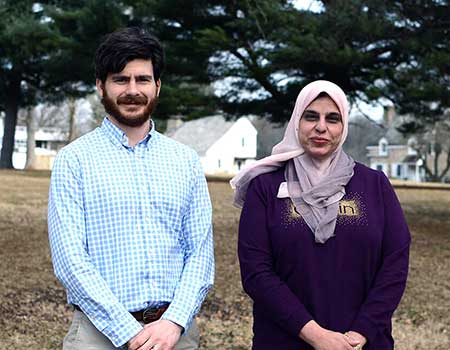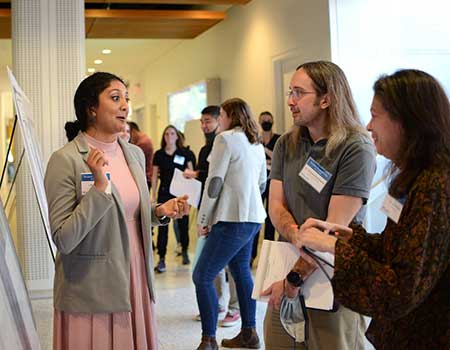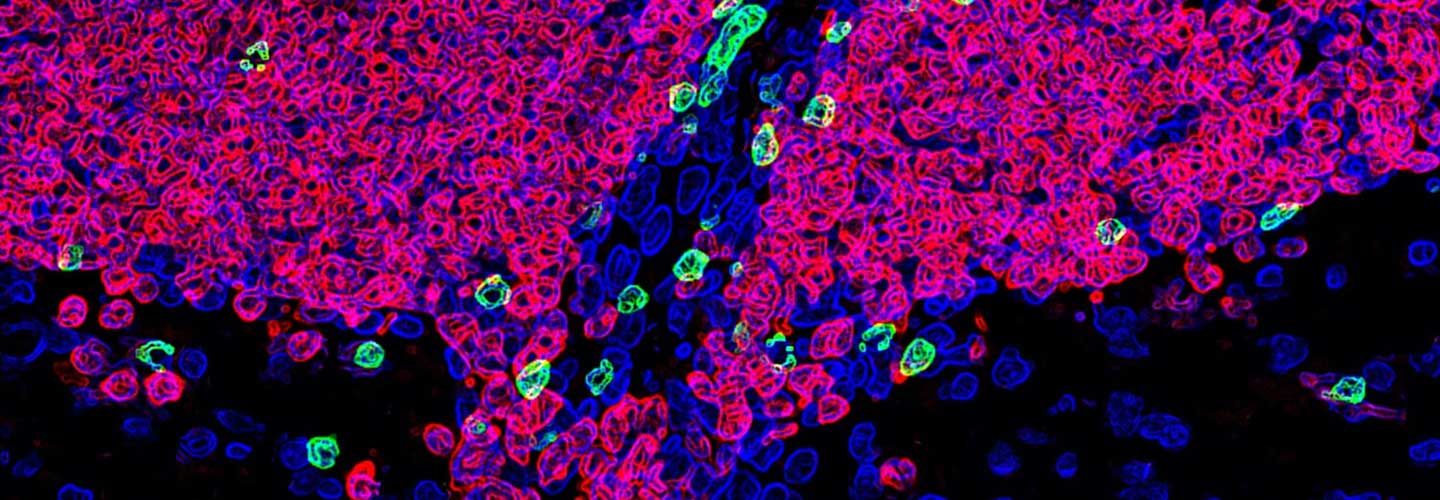
Department of Pathobiology
Introduction
The Department of Pathobiology is dedicated to teaching and research in pathology, infectious diseases and immunology, and laboratory animal medicine.
Teaching and Services
Located on both the Philadelphia and New Bolton Center campuses, it has an outstanding reputation for fundamental research, and provides crucial clinical services for the School and the State.
Furthermore, by offering state-of-the-art training for veterinary students, residents, graduate students and post-doctoral fellows, the Department is helping to mold the future leaders in veterinary medicine and in basic research.
Our Mission
To understand the nature of disease and its impact on humans and animals.
Learn More About the Department of Pathobiology
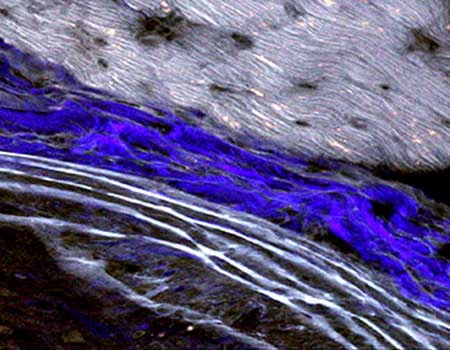
Core Facilities & Services
Pathobiology Events
Attend one of the many events Penn Vet offers!
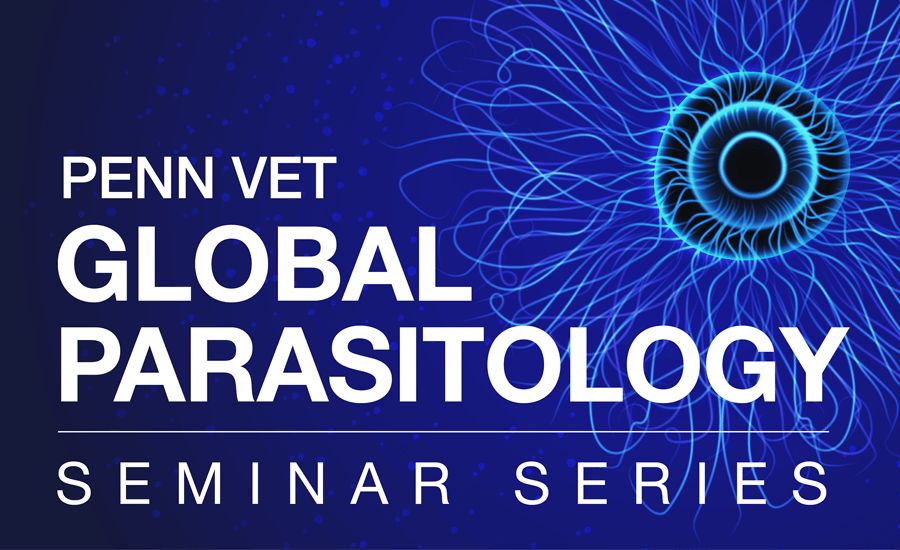
Connect With Us
University of Pennsylvania
School of Veterinary Medicine
Department of Pathobiology
3800 Spruce Street
Philadelphia, PA 19104
Department Chair
Related News

Wild birds are driving the current U.S. bird flu outbreak (link is external)
Since late 2021, a panzootic, or “a pandemic in animals,” of highly pathogenic bird flu variant H5N1 has devastated wild birds, agriculture, and mammals.
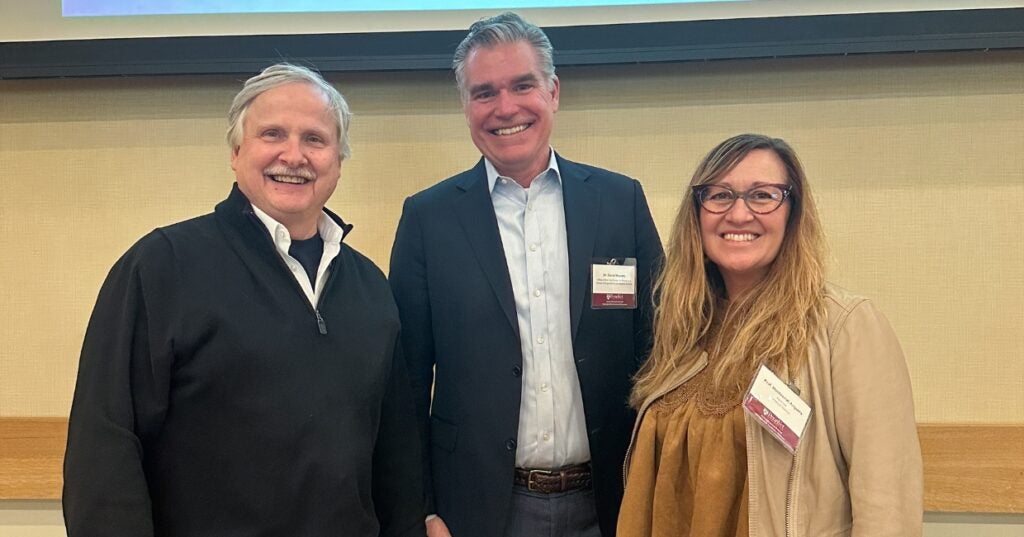
Penn Vet’s Annual Research Retreat Calls for the Power of Synergy in Challenging Times
Noting the challenges ahead, but celebrating the many breakthroughs at hand, the University of Pennsylvania School of Veterinary Medicine (Penn Vet) community gathered for their 31st annual Research Retreat held…
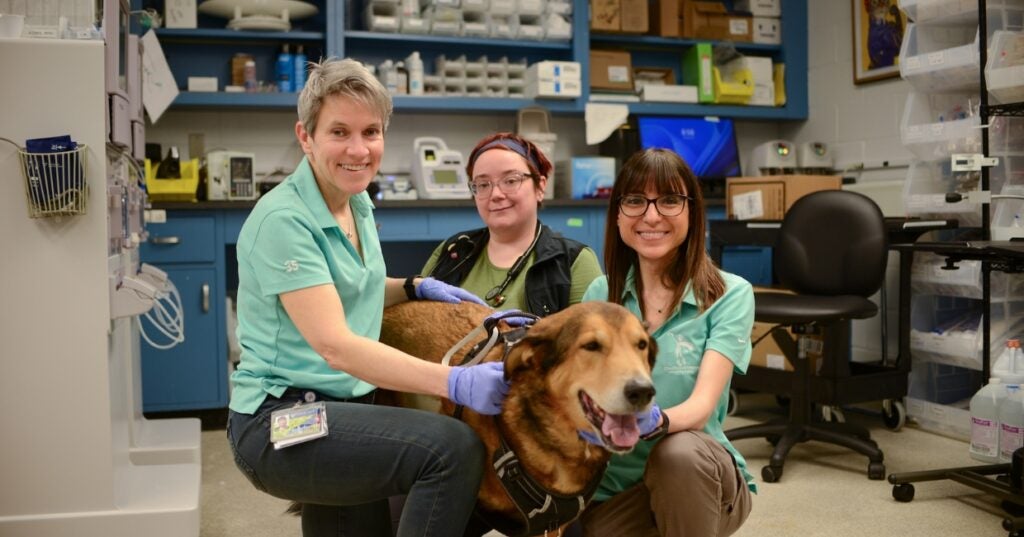
Dogs with cancer are helping save lives—both canine and human (link is external)
The Comparative Immunotherapy Program led by Penn Vet’s Nicola Mason is redefining how therapies are developed and tested—uniting human and veterinary medicine to move promising immunotherapies forward.
Interested in joining the Penn Vet Team?
View open positions to get a chance to join a collaborative environment.

